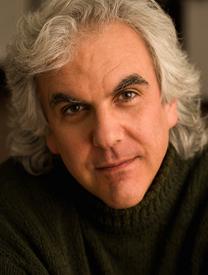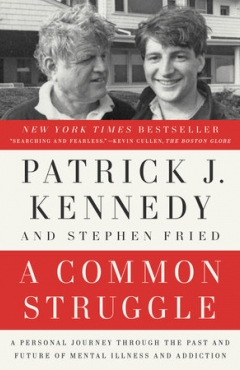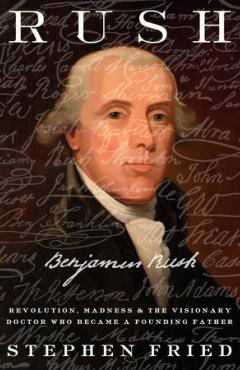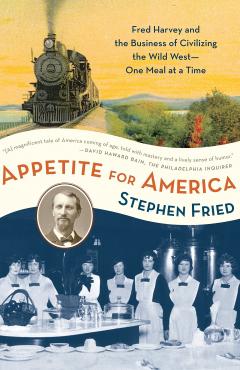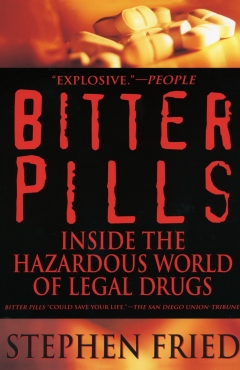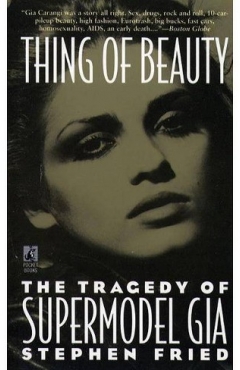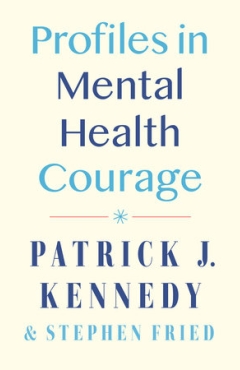Stephen Fried is an award-winning journalist and best-selling author who teaches advanced nonfiction, investigative reporting, and narrative medical, science and history writing at Penn and Columbia University.
He is the author of the acclaimed nonfiction books: Rush: Revolution, Madness and Benjamin Rush, the Visionary Doctor Who Became a Founding Father (a finalist for the George Washington Book Prize and an ALA Notable Book of the Year); Appetite for America: Fred Harvey and the Business of Civilizing the Wild West—One Meal at a Time (a New York Times bestseller that was the subject of a PBS documentary); Thing of Beauty: The Tragedy of Supermodel Gia (which introduced the word “fashionista” into the English language); Bitter Pills: Inside the Hazardous World of Legal Drugs (which triggered an FDA inquiry into antibiotic safety); The New Rabbi; and the essay collection Husbandry. He is also coauthor, with Patrick Kennedy, of Profiles in Mental Health Courage and the bestseller A Common Struggle: A Personal Journey through the Past and Future of Mental Illness and Addiction.
Fried has been a staff writer at Vanity Fair, GQ, and Glamour, as well as Philadelphia magazine, where he started his career, won two National Magazine Awards, and eventually served as editor-in-chief. He has also written for the Washington Post Magazine, the New York Times, Smithsonian Magazine, Rolling Stone, and many other publications. His best-known story, “Cradle to Grave” in Philadelphia magazine, reopened the case of the suspicious deaths of ten babies born to the same mother, Marie Noe, from 1949 to 1968. The article led her to plead guilty to their murders.
Much of Fried’s writing, lecturing, and consulting is in the area of “brain health,” which includes mental health, addiction, neuroscience, and the prevention of suicide and overdose. He is a Collaborator at the Scattergood Program for Applied Ethics of Behavioral Health Care at Penn’s Perelman School of Medicine, and was a member of the working group for the 2019 National Council for Behavioral Health white paper “Mass Violence in America.” He has lectured on journalistic techniques in health and science for Investigative Reporters and Editors, the national Society of Professional Journalists, the Association of Alternative Newsmedia, the Mayborne Literary Nonfiction Conference and the American Psychiatric Association—and he recently developed, at Penn, one of the nation’s first undergrad classes in writing about mental illness. He also gives “Brain Health & Faith” talks in houses of worship across the country that are interested in being more inclusive of those with mental illness and addiction, as well as their families.
Fried also lectures widely on American history subjects. His 2010 biography of Fred Harvey spawned an annual history weekend every fall at the New Mexico History Museum in Santa Fe. And since his 2018 biography of Benjamin Rush triggered a resurgence in interest in the “lost” founding father and the early days of American health care, he is often invited to speak at universities, teaching hospitals, history museums and medical groups.
Besides his teaching, Fried has a long history of mentoring Penn students—some of whom have contributed to his magazine and book research while doing their own independent studies. He is cofounder of the annual Nora Magid Mentorship Prize, which honors the top seniors interested in nonfiction work and helps them network with generations of Penn media alums and their colleagues. Fried lives in Philadelphia with his wife, author Diane Ayres.

